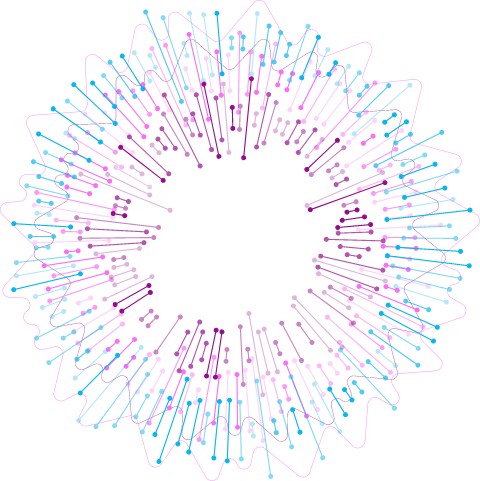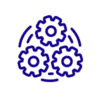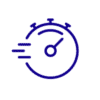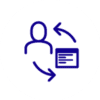
P4DP: Revolutionizing Healthcare Through Data Utilization

A consortium of experts to revolutionize health data management

Data Collection and Centralization
P4DP gathers health data from over 2,000 medical practices across France. This process allows the centralization of crucial information for better analysis of medical practices and scientific research.

Improving Care Through Data
Through the P4DP platform, doctors and researchers have access to data visualization tools and epidemiological reports to optimize patient care by 2025.
Data Security and Privacy Protection

How to use Healthcare Analytics?
Healthcare Analytics is a way of introducing big data recording in Healthcare domain. It Can be used to upgrade the heed of patients and allows the treatment of each patient to be special to him and personalized. It also allows getting rapid diagnoses with reduced margin of error and insurance measures. Aside from these multiple uses, healthcare analytics can also lower the cost of treatments, predict the onset of epidemics, and better preventable diseases.
Let’s highlight a few other usefulnesses of data analytics in healthcare such as the preventive analytics. In fact, anticipate risks during the processes of data analytics help doctors to quickly recognize common manifestation, cause and effect of a disease. This also enable also them to have a quick diagnostic and solution as well, when a patient could have some risk of having a health problem.
Improving patient satisfaction by analyzing healthcare data is also possible. The information obtained can enable doctors to know how to treat and care for their patients in a personalized way.




Artificial intelligence (AI) and natural language processing represent serious future paths for a better healthcare system. Indeed, AI intervention in healthcare will introduce robots capable of thinking and acting for the well-being of patients. They can then make a diagnosis, perform surgical operations or administer vaccines. They may also use existing data to identify pathologies or propose appropriate medical pathways for a patient.
Apart from AI, the treatment of language is also a boon for the medical field because it will make it possible to analyze manuscripts made by man. This new technology will thus be able to detect and enhance the relevant information that is present on patient’s medical books. And most important, the analysis of these qualitative data science and machine learning will play a crucial role in advancing health conditions.
The health care system is a sensible field that generates a huge quantity of data. Most of the time, those data are not exploited and are not easily understandable. Fortunately, healtcare data analysis helps to understand them and interpret those qualitative and quantitative data. In fact, understanding those data present positive impact on hospitals, patients and physicians. Most important, it helps to give a better healthcare to patient by using technology and thus to improve the caregivers work conditions.